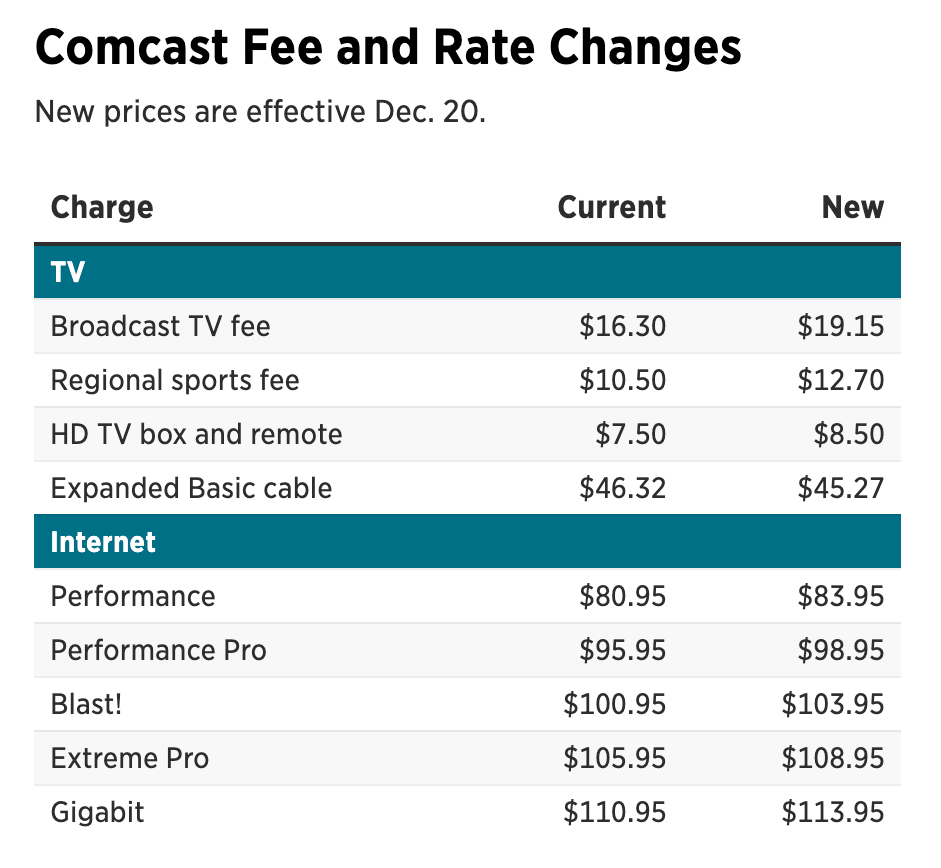Optimizing Cloud Resource Administration Strategies for Improved Efficiency in Multi-Dwelling Residences
Optimizing Cloud Resource Administration Strategies for Improved Efficiency in Multi-Dwelling Residences
Blog Article
Within the current world, numerous individuals live in multi-dwelling units, such as apartment complexes and condo complexes. Such structures frequently share resources like electricity, water, and broadband connections. Overseeing these shared resources effectively is crucial for both the environment and the residents' well-being. Digital resource management strategies can assist enhance the effectiveness of these shared utilities. Through utilizing technology and data analytics, building managers can optimize the way utilities are used, leading to financial reductions and a superior residential environment for all.
One effective strategy for overseeing resources in multi-dwelling buildings is the use of smart meters. Intelligent meters provide real-time information on power and water usage. This data allows building administrators to detect patterns and trends in utility use. For example, if a particular unit consumes considerably more water than its neighbors, the manager can examine potential leaks or motivate the resident to adopt additional water-saving habits. By tackling these concerns promptly, administrators can minimize waste and lower service costs for all tenants.
A further important aspect of cloud utility management is the adoption of energy-efficient solutions. Many multi-dwelling buildings can benefit from eco-friendly lighting, heating systems, and air conditioning systems. These technologies not just reduce power consumption but also lower service bills. Building administrators can use digital systems to track the efficiency of these solutions and implement adjustments as required. For discover this instance, if a heating unit is not functioning effectively, the manager can schedule maintenance or improvements to guarantee optimal performance.
Alongside smart measurement devices and eco-friendly technologies, digital utility management can improve communication between property managers and tenants. A cloud-based platform can offer tenants with access to their service consumption data, enabling them to monitor their consumption. This transparency encourages residents to be increasingly conscious of their resource use. Additionally, building managers can distribute alerts about maintenance schedules, eco-friendly advice, or community activities through the system. Enhanced communication fosters a feeling of togetherness and encourages residents to engage in utility-saving initiatives.
Finally, adopting cloud resource management strategies can lead to a more eco-friendly residential space. Through enhancing utility consumption, multi-unit buildings can considerably lower their environmental impact. This is crucial not just for the tenants but also for the environment. As more an increasing number of individuals grow conscious of ecological concerns, they are prone to appreciate living in a building that prioritizes sustainability. Property managers who implement these strategies can attract environmentally conscious tenants, enhancing the building's standing and potentially boosting its worth. In conclusion, efficient digital utility administration is essential for creating efficient, comfortable, and eco-friendly residential environments in multi-unit buildings.